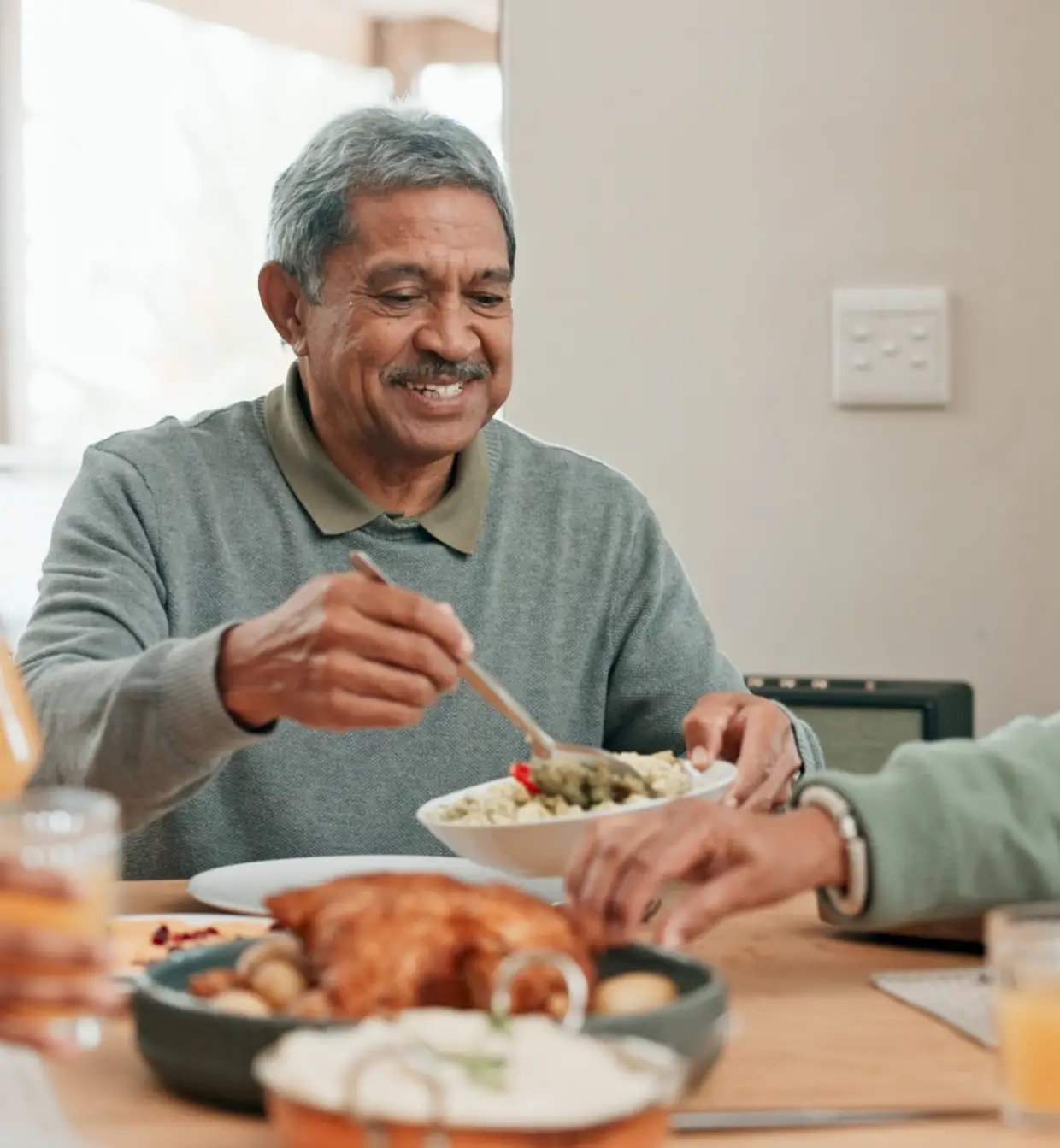
Keto-what? – Pros and Cons of the Ketogenic diet
Understanding the Keto Diet You’ve probably heard of the keto diet — a popular way




Easter is a time filled with traditions, family gatherings, and — of course — plenty of chocolate!
While celebrations may look different year to year, the joy of sharing food and connection remains the same.
At Appetite for Nutrition, our dietitians know that holidays can challenge even the healthiest routines. The good news? You can enjoy festive treats without guilt by making mindful, balanced choices. Here’s how.
It’s Easter — chocolate is part of the fun! Instead of avoiding it altogether, enjoy your favourite treats in moderation. Restriction often leads to overindulgence later.
Try choosing a few high-quality chocolates you truly enjoy and savour them slowly to stay satisfied and guilt-free.
Read more: Tips to Beat Late-Night Snacking and Mindless Eating
Amid hot cross buns and Easter eggs, hydration can be forgotten. Water helps maintain energy, aid digestion, and support overall wellbeing.
Aim for water between other drinks and meals — especially if you’re enjoying alcohol or sweet beverages.
Balance festive eating with movement. Whether it’s a morning walk, family garden games, or stretching indoors, physical activity helps digestion and boosts your mood.
Even 10–15 minutes of movement can make a difference.
Begin Easter morning with a nutritious, filling breakfast to stabilise blood sugar and prevent cravings later.
Try:
Oatmeal with fruit and nuts
Wholegrain toast with avocado or eggs
Greek yoghurt with berries and chia
When selecting your Easter eggs, go for dark chocolate (70% cocoa or higher). It contains antioxidants and less sugar than milk chocolate, offering a more satisfying and nourishing treat.
Chocolate bunnies and eggs are easy to overeat. Divide larger eggs into smaller pieces or share them with family.
Keeping portions smaller helps manage energy intake while still enjoying your favourites.
Dietitian tip: Try pairing chocolate with fresh fruit or nuts for extra nutrients and balance.
Roasted veggies like carrots, Brussels sprouts, pumpkin, or beans help add fibre, vitamins, and colour to your Easter feast.
Filling half your plate with vegetables keeps meals balanced and helps you feel satisfied without overeating.
Small recipe swaps can make big differences. Try:
Using applesauce instead of oil in baking
Choosing lighter sauces or yoghurt dressings
Flavouring meals with herbs, spices, or lemon instead of salt
Check out our Healthy Recipe Blog Series for more creative swaps.
Hydration: Water supports digestion, energy, and appetite control — especially important if enjoying wine or sugary drinks.
Movement: Regular activity boosts mood and metabolism while balancing extra calories.
Nutrient Timing: A healthy breakfast sets the tone for smarter choices throughout the day.
Post-Easter Reset: Resume your normal meal routine and hydration the next day — no “detox” needed!
Easter is meant to be enjoyed — food, family, and all!
By planning ahead and practicing mindfulness, you can celebrate with balance and joy. Remember, moderation and self-compassion go hand in hand with long-term wellbeing.
Explore next:
If festive eating, portion balance, or food guilt have been holding you back, our Accredited Practising Dietitians can help you build confidence around food.
We offer both general nutrition consults and specialised dietitian support (Bariatrics, Women’s Health, Feeding Therapy, Eating Disorders, Gut Health, Sports Nutrition) available online and in person across Brisbane, Gold Coast, Melbourne, Shepparton, Bendigo and Albury-Wodonga.
Contact Appetite for Nutrition today to create a plan that helps you eat well, enjoy food, and feel great.
This blog was updated October 2025.

Understanding the Keto Diet You’ve probably heard of the keto diet — a popular way

Understanding the Gut Microbiome The gut microbiome is a community of trillions of microorganisms —

When you’re trying to lose weight, sleep is probably the last thing on your mind.

Late-Night Snacking: Why It Happens Many people find themselves eating late at night — not